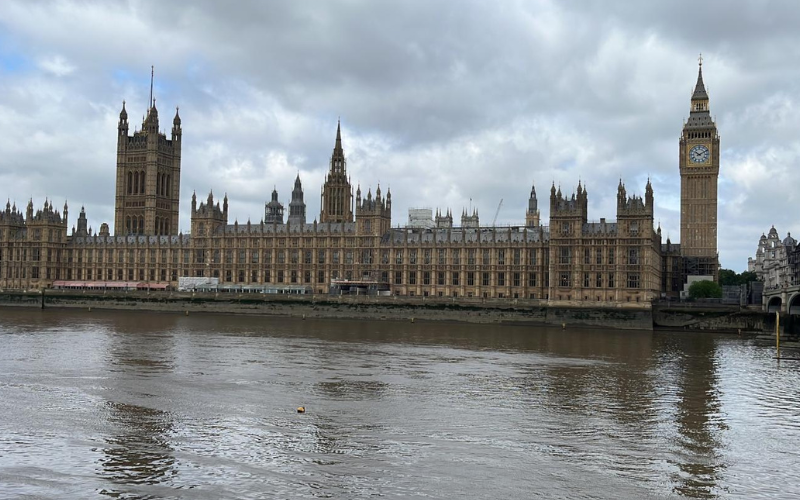
Plant health debated in House of Lords
17 Jun 2022 | Technical News
Earlier this week the House of Lords held a short debate on ‘Health of trees in England, and progress made towards developing a variety of ash that is resistant to ash dieback’.
Several Peers spoke on such topics relevant to us during the debate, including Baroness Fookes (co-Chair of the APPG), along with Baroness Bennett and Baroness Young (APPG members), as well as others.
Highlights from the conversation are as follows:
- Baroness Young of Scone said that it is vital that we take tree health and biosecurity seriously across the board, particularly in view of the fact that we are racing to plant and regenerate trees in the face of climate change.
- Baroness Young added that we should have a drive to reduce imports by promoting the UK nursery sector, and asked the Minister to support and promote more firmly the UK and Ireland Sourced and Grown accreditation system.
- Baroness Young also asked the Minister to get on with the delayed last stage of implementation of the UK sanitary and phytosanitary regime, and asked when the new version of the GB plant biosecurity strategy and associated industry plant health accord will be seen.
- Baroness Fookes said that of the three types of tree management – forestry, woodland, and arboriculture (“the amenity parts of trees”) – she has a suspicion that the Government take the arboricultural side less seriously, but that they are an extremely important aspect when dealing with the health of trees.
- Baroness Fookes agreed with Baroness Young that we need to increase production in tree nurseries by helping and supporting them.
- Lord Inglewood agreed that we need to tighten up phytosanitary arrangements.
- Lord Framlingham said that recent disease outbreaks “tragically” illustrates the need for government to maintain the closest possible contact with organisations that have experts in the field, such as the Arboricultural Association and the Woodland Trust.
- Lord Framlingham added that we need an immediate and huge increase in the campaign on awareness, particularly at airports, ferries and other terminals, but in the media generally too.
- Baroness Bennett of Manor Castle concentrated on amenity trees (“what I might call street trees or amenity trees in general”), and attributed campaigners in Sheffield as playing a really important role in raising understanding of the importance of street trees, in particular to public health and well-being, as well as to biodiversity and in addressing climate change. She noted that 19 cities in the UK have now taken the Tree Cities of the World award, and that Sheffield was among them.
- Baroness Bennett noted that hard surfaces make trees chronically stressed if not given sufficient space, and so we “desperately” need to think about the planning and design of our cities for people and trees.
- Baroness Bennett also stated that there is a desperate shortage of trained arborists, and that the Institute of Chartered Foresters estimates that we need 70% more trained people to meet the Government’s tree-planting goals. She asked the Minister to respond on this point.
- Baroness Jones of Whitchurch said that we need an urgent programme to invest in our domestic nursery sector, reducing our reliance on imported saplings.
- Baroness Jones also asked the Minister for an update on the training programme for a rollout of skilled arborists and foresters to meet the challenges other Peers have described.
In response, the Minister, Lord Benyon, made the following relevant points:
- He noted that the UK’s current treescape has an asset value of £175 billion, but the threat from plant pests and pathogens is significant and growing.
- He said that we cannot overlook the professionalism in our nursery sector.
- He noted that he chairs a monthly biosecurity meeting attended by officials and the Chief Plant Health Officer, and is brought up to date on a more regular basis on the progress across Europe of tree pest and diseases.
- He said that he wants the whole sector, whether NGOs, Confor and the forestry industry, the amenity planters or local authorities, to work together with a single sense of purpose.
- He also said that the updated plant biosecurity strategy will be published “later this year”. He referred also to the new plant health accord signed with industry, trade bodies, the Woodland Trust and others on 23 May.
Further reading:

